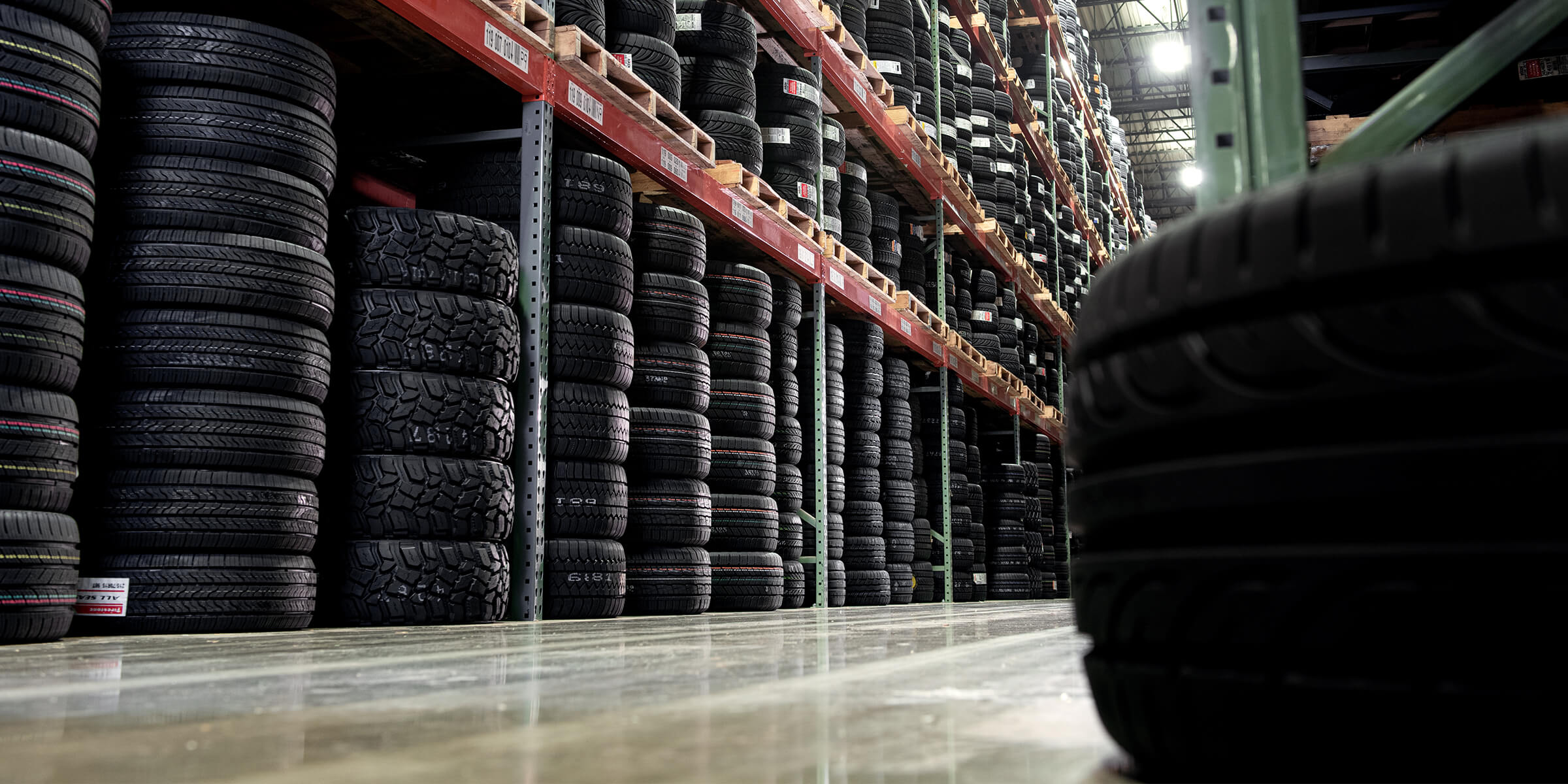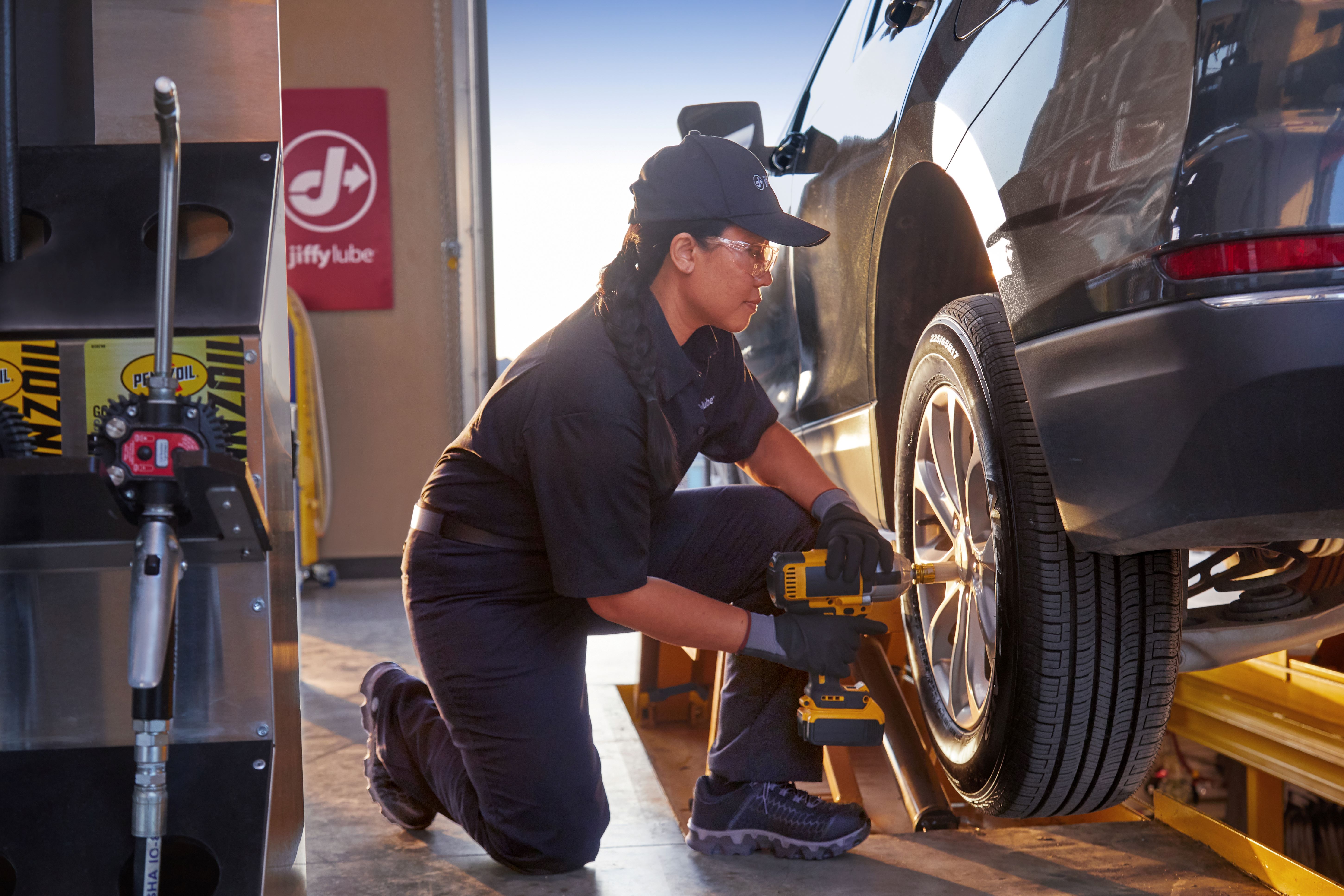Do not Lose Out on Mopar Tire Service Specials: Affordable Maintenance Packages
Do not Lose Out on Mopar Tire Service Specials: Affordable Maintenance Packages
Blog Article
Tire Solution: The Impact of Weather Condition Problems
When it comes to guaranteeing optimal performance and security when traveling, recognizing the influence of climate condition on tire service is crucial. From scorching heat to icy roads, each weather element can significantly affect tire performance and total driving experience. By delving into the results of differing climate condition on tires, drivers can gain useful understandings that may boost their lorry's efficiency and durability. In this discussion, we will explore the complex connection in between weather and tire service, losing light on the value of weather-specific tire maintenance methods and factors to consider.
Warm and Tire Efficiency
When revealed to high temperatures, tires experience changes in performance that can significantly influence automobile safety and handling. The heat produced from long term driving or hot weather condition problems triggers the tire rubber to soften, resulting in lowered tread life and enhanced wear. As the rubber becomes softer, the tire's grip when driving decreases, influencing braking distances and overall traction. In severe situations, too much warmth can even cause tire blowouts, posturing an extreme safety and security threat to the lorry and its passengers.
In addition, high temperatures can speed up the procedure of tire aging, triggering the rubber to degrade much more promptly. To minimize the impacts of warm on tire efficiency, chauffeurs should routinely check their tire pressure, turn tires to make certain also put on, and inspect for any type of indications of damage.
Cold Weather Condition Effects
Winter problems can have a significant effect on tire performance and safety and security. As temperature levels drop, tire rubber can set, resulting in decreased grip on icy or snow-covered roads. In cool climate, tires might also shed atmospheric pressure more quickly, which can impact handling and fuel efficiency. Additionally, cool temperatures can trigger tire sidewalls to stiffen, boosting the threat of damages from pits or other roadway hazards.
To reduce the results of cold climate on tires, it is essential to frequently inspect tire stress and inflate them to the manufacturer's advised degrees. Utilizing winter or all-season tires made for winter problems can also boost traction and grip on icy or snowy roadways - morris tire and alignment. Proper tire upkeep, including normal evaluations for wear and damage, comes to be even extra vital during chillier months to ensure optimum performance and safety and security
Rainy Conditions Impact
Throughout stormy problems, tire performance and safety and helpful resources security can be dramatically affected by the damp roadway surface areas and minimized presence. The step pattern of tires plays a crucial duty in keeping grip on damp roadways. Tires with worn-out footsteps are much more vulnerable to hydroplaning, where a layer of water develops in between the road and the tire surface, leading to loss of grip. To battle this, vehicle drivers need to routinely why not find out more examine their tires for adequate step deepness and think about spending in tires particularly designed for damp problems.

Snow and Tire Safety
When driving in snowy conditions, having the ideal tires can make a substantial difference in safety and performance. Winter months tires are designed with special rubber compounds and tread patterns to offer much better traction on snow and ice compared to all-season tires.
Along with using winter tires, it is critical to guarantee they are properly inflated. Cold weather condition can trigger tire stress to drop, affecting traction and handling (morris tire and alignment). Consistently examining and maintaining the appropriate tire pressure is vital for ideal performance in snowy conditions

Weather-Related Tire Maintenance
Weather-related tire maintenance incorporates an array of methods aimed at ensuring optimum tire feature and long life in different weather circumstances. One crucial aspect of weather-related tire maintenance is tire stress guideline. Examining tire tread consistently and changing tires when tread wear gets to a specific deepness is essential for preserving grip and security in adverse climate.
Final Thought
In final thought, climate conditions have a considerable impact on tire efficiency and safety (tires morris il). From heat impacting tire stress and wear to chilly climate reducing traction, it is necessary to consider the climate when preserving and making use of tires.
In this conversation, we will explore the complex partnership in between weather conditions and tire service, dropping light on the value of weather-specific tire maintenance methods and factors to consider.

Report this page